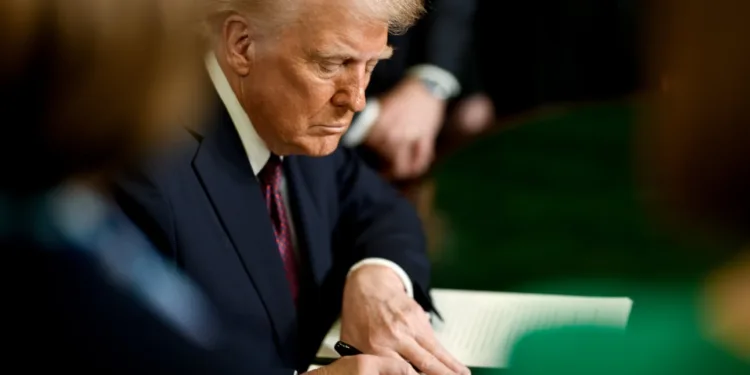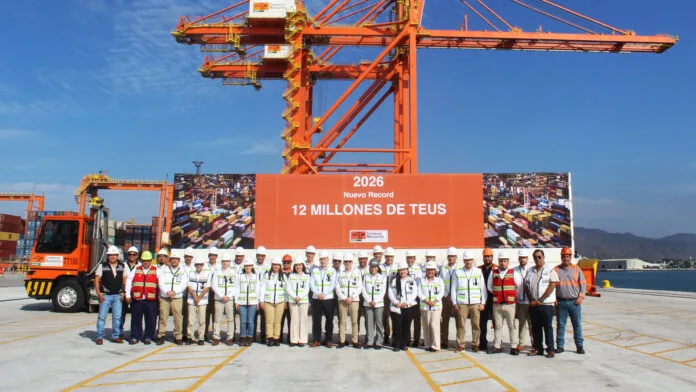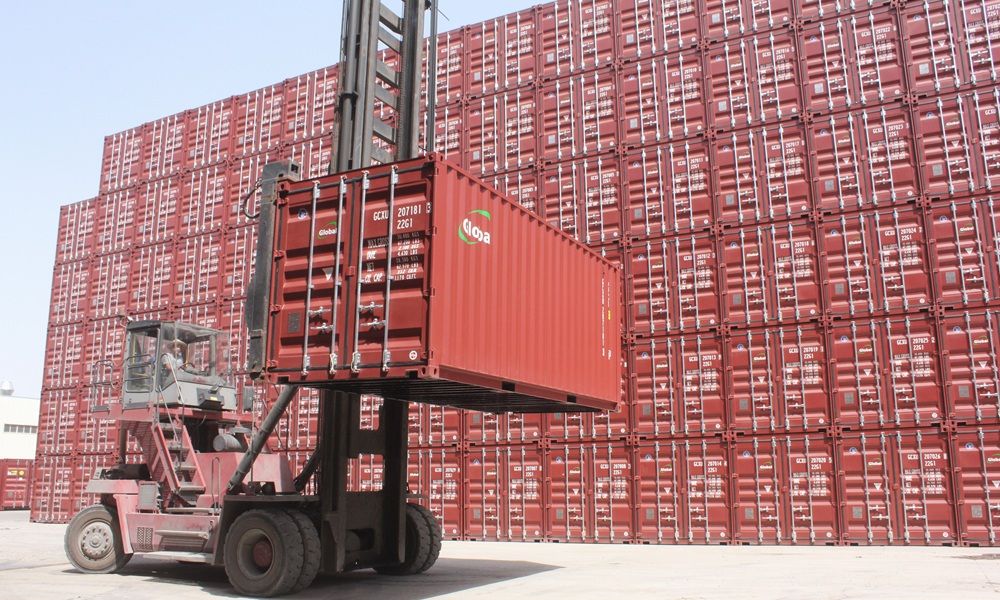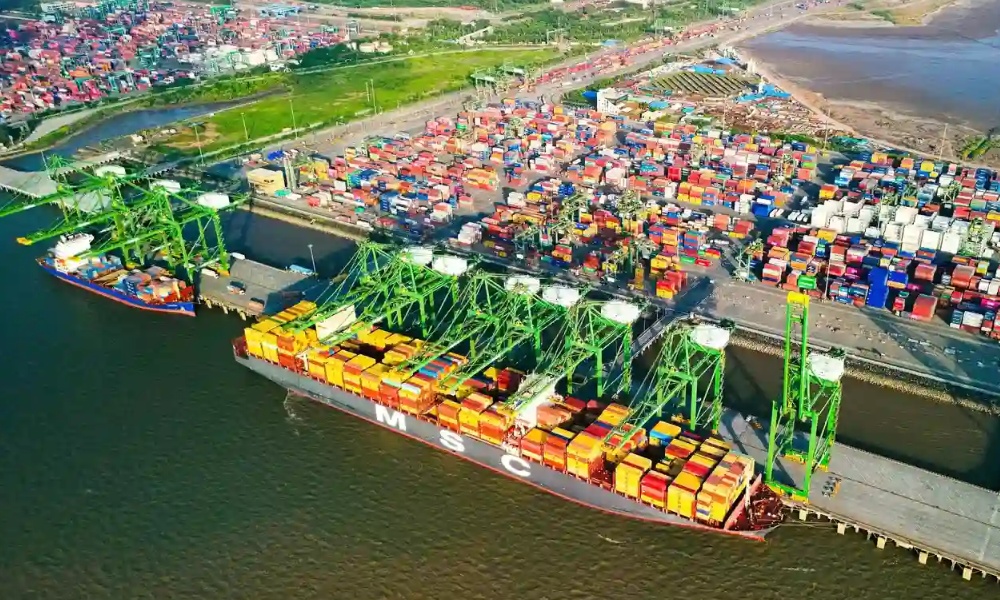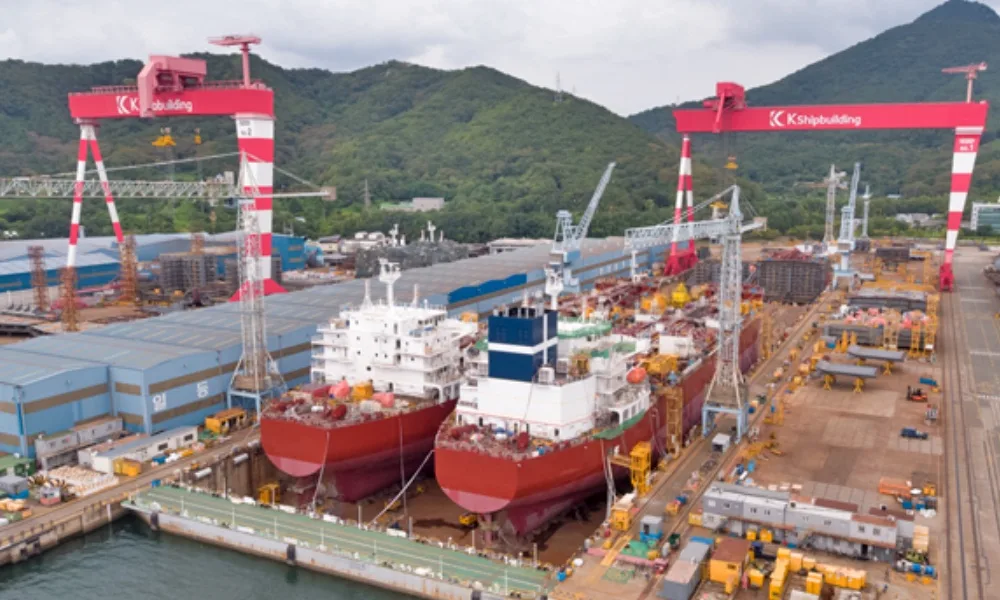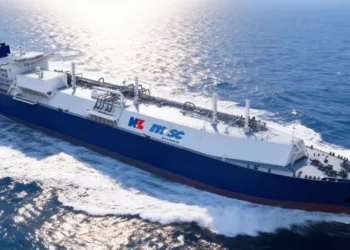US president Donald Trump has imposed sweeping new sanctions on Russia’s two biggest oil producers, Rosneft and Lukoil, in what he described as “tremendous sanctions” aimed at forcing Moscow to the negotiating table over its war in Ukraine.
Speaking in the Oval Office on Wednesday alongside NATO secretary general Mark Rutte, Trump said the measures were necessary because President Vladimir Putin had shown “a lack of serious commitment to a peace process”.
“These are tremendous sanctions,” Trump said. “Those are against their two big oil companies, and we hope they won’t be on for long. We hope the war will be settled.”
The new sanctions — the most extensive energy penalties imposed since Trump returned to the White House — block the firms and dozens of subsidiaries from access to US banks and dollar transactions.
“The time has come to stop the killing and for an immediate ceasefire,” said US treasury secretary Scott Bessent. “Given President Putin’s refusal to end this senseless war, Treasury is sanctioning Russia’s two largest oil companies that fund the Kremlin’s war machine. Treasury is prepared to take further action if necessary.”
“The time has come to stop the killing and for an immediate ceasefire,” said US treasury secretary Scott Bessent. “Given President Putin’s refusal to end this senseless war, Treasury is sanctioning Russia’s two largest oil companies that fund the Kremlin’s war machine. Treasury is prepared to take further action if necessary.”
Trump has cancelled a planned meeting with Putin in Budapest, citing frustration over stalled talks.
The European Union is expected to adopt its 19th package of sanctions today, which for the first time will target four Chinese firms accused of helping Moscow sidestep restrictions on oil exports.
The package will also include a phased ban on Russian LNG imports from January 2027 and new measures against the so-called shadow tanker fleet. The listings are said to include two independent refineries, a Chinese trading house, and one non-oil entity involved in sanctions circumvention.
A draft declaration from the European External Action Service (EEAS) proposes “pre-authorised boardings” in cooperation with the flag states of ships carrying Russian oil under disguise.
Last week, the UK government launched its strongest sanctions offensive to date against Russia’s energy sector, directly targeting oil majors Rosneft and Lukoil, four Chinese oil terminals, and 44 tankers from Moscow’s shadow fleet as well as seven LNG carriers.
Over the past five years, the number of sanctioned vessels worldwide has expanded steadily, rising from around 350 in September 2020 to roughly 1,700 by September 2025, according to analysis from maritime analytics firm Kpler. The overlap between various administrations sanctioning ships is also finally starting to grow with greater coordination between the UK and the EU, especially noticeable.



